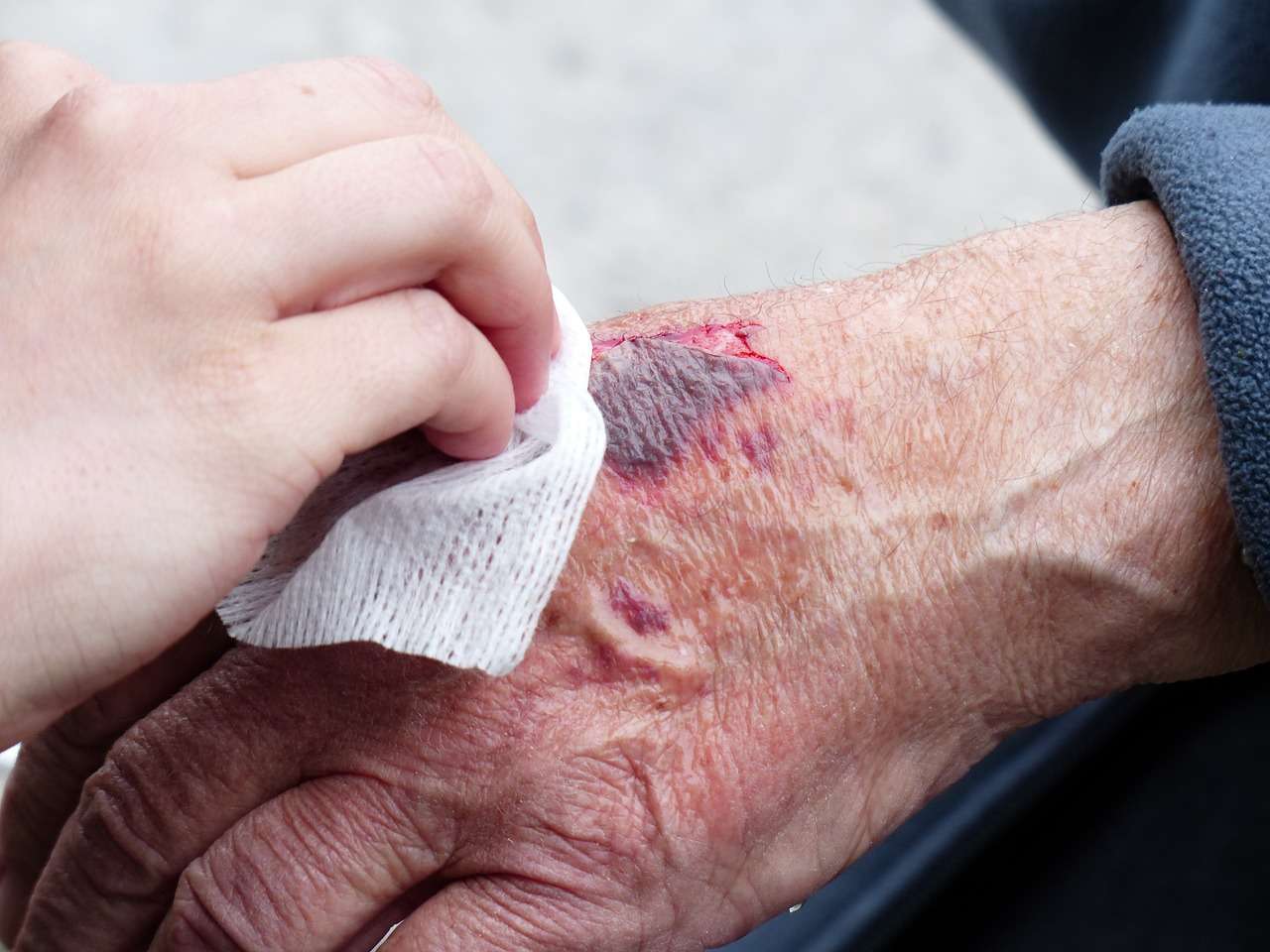Experiencing an injury can be life changing, especially if your injury occurred at work or it involved working with a personal injury attorney. It can be difficult to get back to your normal routine after weeks or months off to focus on your health, but it can be especially difficult to go back to work.
No matter what you do for a living, you will probably feel anxious about getting back to work. You may feel worried that you will be a little rusty, and you may also feel worried that you will aggravate your injury, causing the healing process to take longer than you would like.
You don’t have to feel nervous about going back to work when you’re prepared. Follow these tips and your transition back to work will go smoothly.
Make Sure Your Boss Knows What You Can and Can’t Do
Communicating with your boss isn’t always easy. It doesn’t necessarily have to be because you have an unreasonable boss either. If your supervisor is often busy and you don’t want to disturb them, you will also have a hard time communicating with them. However, clear lines of communication are important because your boss needs to know what you can and can’t do so they can modify your workload accordingly.
That doesn’t mean you won’t be able to do certain things forever. Create a plan with your supervisor for easing back into your normal duties, and keep those lines of communication open so you can let them know if any changes need to be made.
Ask for Accommodations
It is the law for workplaces to provide reasonable accommodations to their employees. Don’t be afraid to ask for accommodations that will make working much easier.
A few modifications you may want to consider include:
- Reserved parking
- Improved accessibility to a work area
- Getting an aid
- Updated equipment
You can also consider working with your supervisor on a more flexible schedule. For example, you may want to ask if you can come in later so you can schedule physical therapy in the mornings, or you can ask if you can work from home at least some of the time so you can avoid trying to take the bus to work if you can’t drive.
Don’t Push Yourself Too Hard
Regardless of your accommodations and what you can and can’t do, it’s important that you don’t push yourself too hard. If you do, you could end up aggravating your injury, which means you’ll heal a lot more slowly.
Cue into how you’re feeling multiple times throughout the day and listen to your body. If your injury begins to feel tired or sore, or you notice that you’re feeling particularly tired, it’s time to switch tasks.
You may also want to speak with your supervisor if you find that you’re getting tired or sore frequently. It’s a good sign that you need to modify your job duties again.
Plan Times to Rest
It’s normal to want to push yourself hard when you get to work to show your employer that you’re still a valuable employee, but it shouldn’t come at the expense of your health and well-being.
Breaks are important to everyone, but they are especially important if you are recovering from an injury. Regardless of your workload or the type of work you do, you should plan multiple breaks throughout your day.
What you do during your breaks matters just as much as how often you take a break! Stretching and walking are great ways to encourage continued healing after an injury, while a quick catnap can help you find enough energy to get through the rest of the day.
Don’t Be Afraid to Say No
Saying no isn’t easy, but it’s an important skill to develop. It’s especially important if you’re returning to work after an injury.
Supervisors and coworkers may try to ask you to do things that you aren’t comfortable or able to do easily because of your injury. Don’t be afraid to say no. If you’re worried about telling someone no, try offering to do something else after you say no. It will show that you still want to contribute, just as long as it’s in a way that’s healthy for you.
Returning to work after an injury can be nerve racking, but it has the potential to feel empowering too. When you follow these tips, you can return to work and earn a living, all without pushing yourself too hard and making your injury worse.

